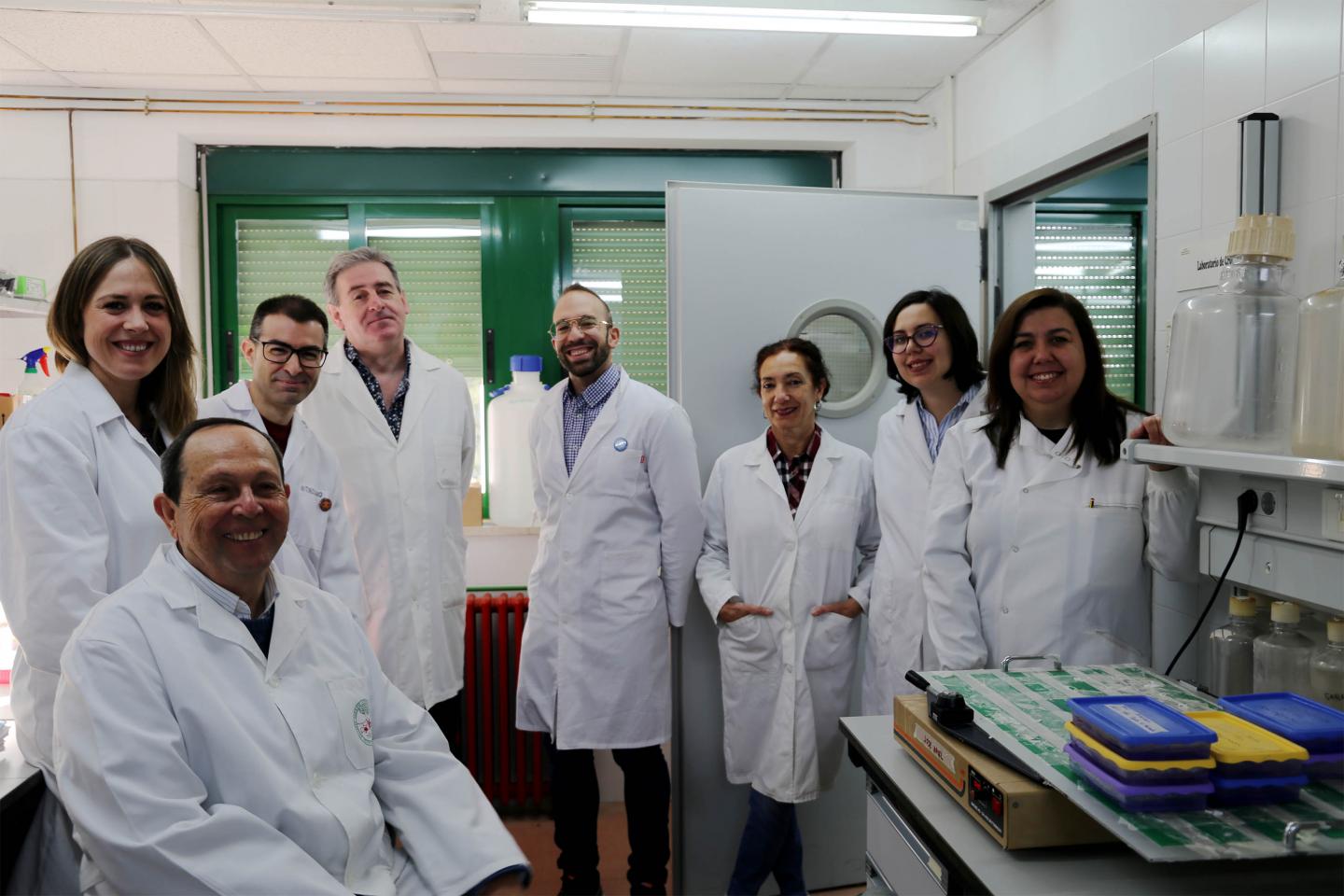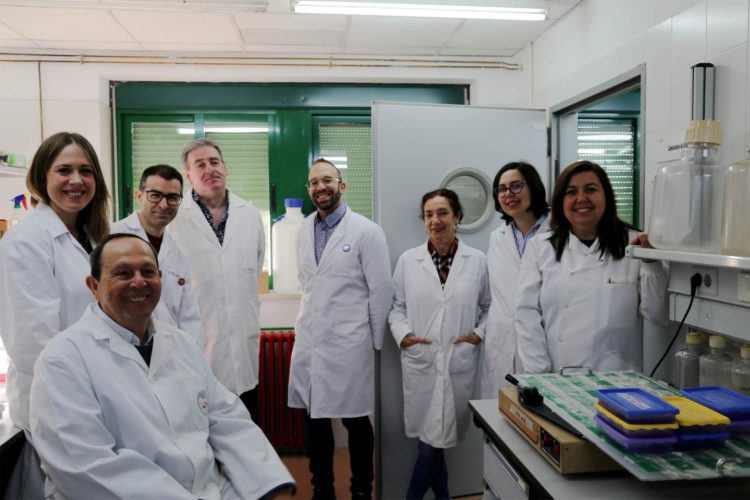
Credit: University of Córdoba
Marine cyanobacteria are single-cell organisms that settled in the oceans millions of years ago. They are organisms that, by means of photosynthesis, create organic material by using inorganic substances. Specifically, the cyanobacteria known as Prochlorococcus and Synechococcus are the most abundant photosynthetic organisms on Earth and they generate a large part of the oxygen necessary for life, hence the oceans are the Earth’s real lungs.
Despite the relevance of marine cyanobacteria in the origin and sustainment of life, they continue to be a neverending source of information. In fact, we knew nothing about Prochlorococcus until Professor Sallie W. Chisholm, at the Massachusetts Institute of Technology, discovered it in the 1980’s. At the time, it was thought that these life-creating organisms got their nourishment solely from photosynthesis (like autotrophic organisms). However, research has shown that they also feed on organic compounds from their environment.
This hypothesis is corroborated by a recently published review article in The ISME Journal, a Nature group journal, led by researchers María del Carmen Muñoz and Guadalupe Gómez, from the Department of Biochemistry and Molecular Biology at the University of Cordoba, who, along with researchers from the Adaptations in the metabolism of nitrogen and carbon in Prochlorococcus group, Antonio López, José Ángel Moreno, Jesús Díez and José Manuel García, analyzed different studies dating back to the beginning of this century. These studies produced evidence that these organisms not only get nourishment from photosynthesis, but also are able to “eat” what they need from their environment.
This research group studied the mechanism of glucose transport in marine cyanobacteria, demonstrating that when they find compounds of this kind that they find appealing, such as glucose, amino acids and compounds containing iron, sulphur and phosphorus, these organisms consume them and become more competitive.
The study of vesicles (small compartments that store compounds) that spread marine cyanobacteria also supports this finding: vesicles contain organic compounds that can feed other bacteria, which provides evidence of how important the use of organic compounds is among these organisms.
This concept change is crucial at an environmental level since it helps to better understand cycles of elements such as carbon, iron, phosphorus and nitrogen. The essential role that cyanobacteria play when producing necessary oxygen for life and sequestering excess carbon dioxide from the atmosphere is strengthened by this review of its nourishment: if cyanobacteria have an advantage by using glucose and other organic compounds taken from their environment, life on Earth also benefits from these advantages.
###
Muñoz-Marín, M.C., Gómez-Baena, G., López-Lozano, A., Moreno-Cabezuelo, J.A., Diez, J., García-Fernández, J.M. Mixotrophy in marine picocyanobacteria: use of organic compounds by Prochlorococcus and Synechococcus. ISME J (2020). https:/
Media Contact
Elena Lázaro Real
[email protected]
34-957-212-252
Related Journal Article
http://dx.





